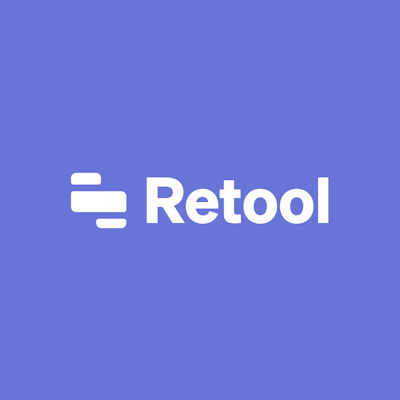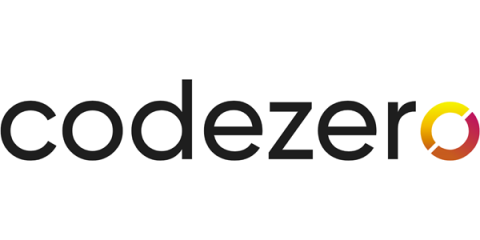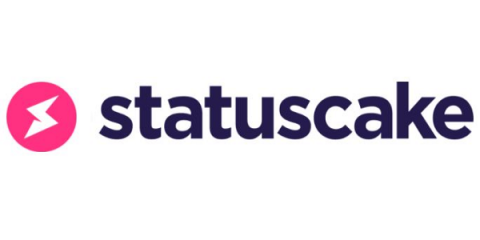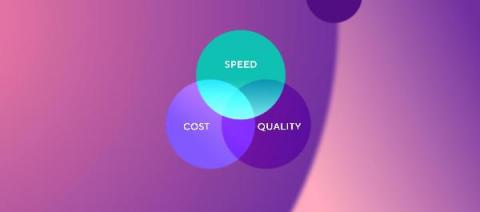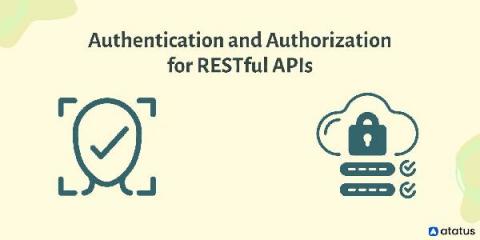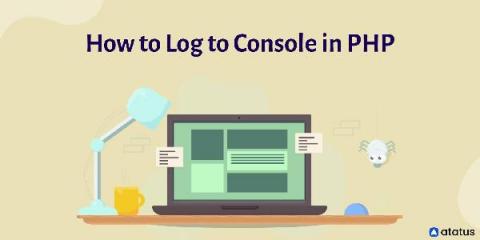Systems | Development | Analytics | API | Testing
Development
Retool - Your Handy Assistant for Application Building
Every business, large or small, needs applications. Naturally, to keep up with this need, application designers and developers need to stay on their toes with app creation. But building applications is no piece of cake; developers need to stay abreast with the latest designing trends, tech know-how, and hands-on app testing experience, not to mention, possess incredible working speed.
CodeZero 101: Casting Off
In a series of four articles I’m going to describe the foundational technology behind CodeZero, describe some of its features, and show how it can be of tremendous benefit to any development team or individual deploying their software to Kubernetes. You can read the first article on Medium, where I dive into some of the core concepts that you need to understand to get the most out of CodeZero.
Laravel Logging Tutorial
Regardless of what language and framework you use, proper logging is crucial to web development. Logging is key when it comes to debugging and performance monitoring. Knowing how to properly use logging frameworks is an essential part of creating high-quality software that is easy to debug. In this article, we will discuss in-depth coverage on Laravel, which is the most popular PHP framework in 2021.
The ultimate guide to working with JSON
JavaScript Object Notation or JSON is a file format that was originally derived from JavaScript. It is used for storing and exchanging data, most commonly when serving data to websites, but JSON but has become ubiquitous amongst most programming languages as it is totally language independent. These days it is common to find JSON being used for a variety of purposes where data needs to be stored or transferred.
Quality, cost, and speed in mobile development: can you have it all?
It's a common belief that within the quality, cost, and speed triangle, only two elements can be optimized for. But is this true? I'll show you why quality is non-negotiable, and how Bitrise helps mobile teams get the balance right.
PHP Handlers: Why They Matter and How to Choose the Best One
In obsessing over the best frameworks and coding practices for their PHP applications, developers often fail to look beyond their code for optimization and boosting performance. They often fail to realize the crucial role of the server setup, the PHP handlers, and the system environment in your application failing or succeeding out there. Apache server and web hosting manager (WHM) configurations can seem obscure at first, and it’s challenging to keep track of every config option.
Authentication and Authorization for RESTful APIs: Steps to Getting Started
Why do APIs require authentication in the first place? Users don't always need keys for read-only APIs. However, most commercial APIs require permission via API keys or other ways. Users might make an unlimited number of API calls without needing to register if your API had no security. Allowing limitless requests would make it impossible to develop a business structure for your API. Furthermore, without authentication, it would be difficult to link requests to individual user data.
How to Log to Console in PHP and Why Should You Do It
Monitoring, troubleshooting, and debugging your code all require logging. It not only makes the underlying execution of your project more visible and understandable, but it also makes the approach more approachable. Intelligent logging procedures can assist everyone in a company or community to stay on the same page about the project's status and progress.
Application Code Upgrades in Elixir
In this third and final part of my series about production code upgrades in Elixir, we will look at what happens during an application upgrade. Let’s get going!



